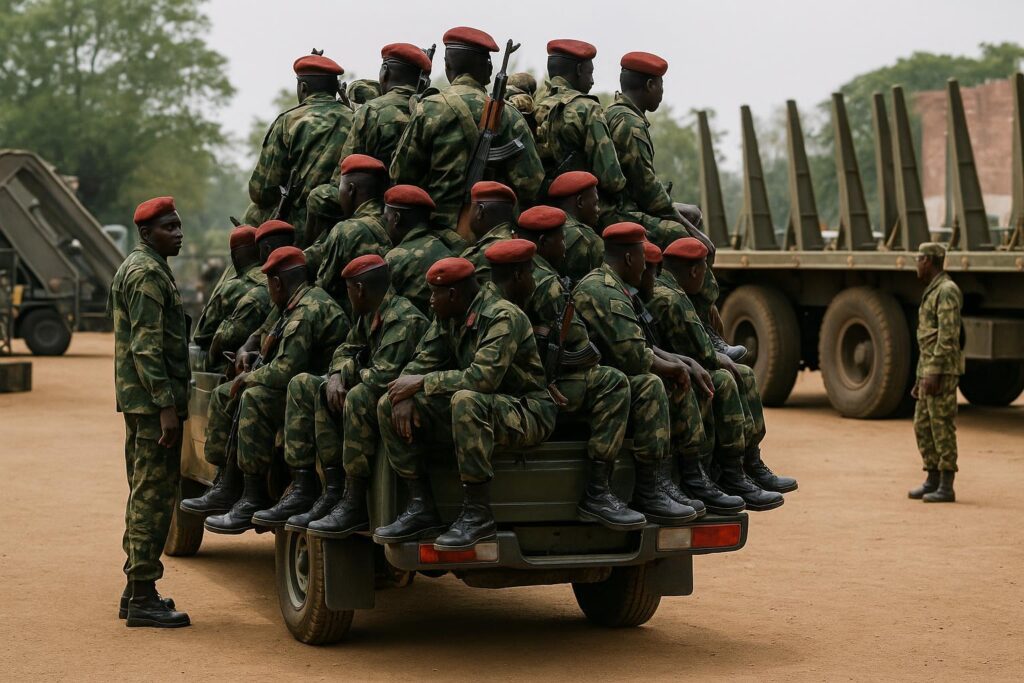Embargo Debate Reignites
The African Union’s Peace and Security Council has renewed its plea for the United Nations Security Council to start lifting the arms embargo on South Sudan, arguing that the restriction slows the unification of national forces pledged in the 2018 peace deal.
Council members said in their 15 August communiqué that a phased relaxation, monitored jointly by AU, IGAD and UN experts, would “enable the transitional government to equip integrated units responsibly and deter spoilers”.
Security and Humanitarian Stakes
Officials warned that persistent arms gaps leave unified battalions vulnerable to heavily-armed militias, compounding local clashes that killed hundreds in Jonglei and Upper Nile this year, according to OCHA field reports.
The communiqué equally highlighted rising food insecurity, displacement topping two million people and restricted humanitarian corridors, and invited donors to “sustain lifesaving assistance while dialogue advances”.
Political Tension Around 2026 Polls
AU envoys expressed deep concern about the “preventive detention” of First Vice-President Riek Machar and other political figures, cautioning that lingering mistrust could derail preparations for the country’s first elections scheduled for December 2026.
They urged parties to craft a consensual electoral roadmap with clear benchmarks, and advocated immediate, unconditional release of detainees unless credible charges are promptly tried in line with judicial guarantees.
Regional Diplomacy and Next Steps
AU Commissioner Bankole Adeoye signalled readiness to convene a high-level dialogue involving IGAD, the UN and neighbouring states, stressing that “African solutions demand African leadership, but require global solidarity”.
Security Council diplomats in New York privately note that any easing of the embargo will depend on verifiable progress, yet several see a narrow window to incentivise reforms before electoral deadlines press closer.
For Juba’s youth, the stakes are clear: lasting peace could unlock investments and jobs in oil, agriculture and tech, while a relapse into conflict would dim hopes for a more prosperous, inclusive South Sudan.


